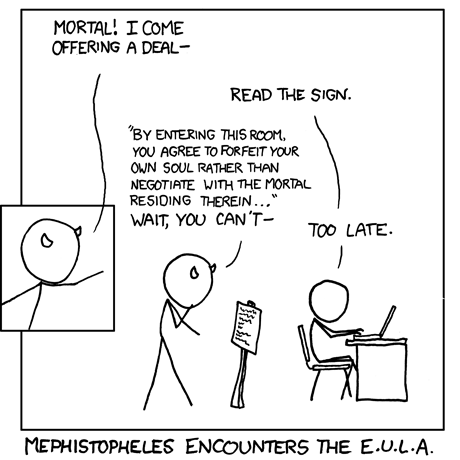MrWizard6600
Supreme [H]ardness
- Joined
- Jan 15, 2006
- Messages
- 5,791
ahhhh EA...
I got a few minor beefs with the development studios under the EA banner... but EA as a publisher is possibly one of the worst things to happen to this industry.
I got a few minor beefs with the development studios under the EA banner... but EA as a publisher is possibly one of the worst things to happen to this industry.
![[H]ard|Forum](/styles/hardforum/xenforo/logo_dark.png)
